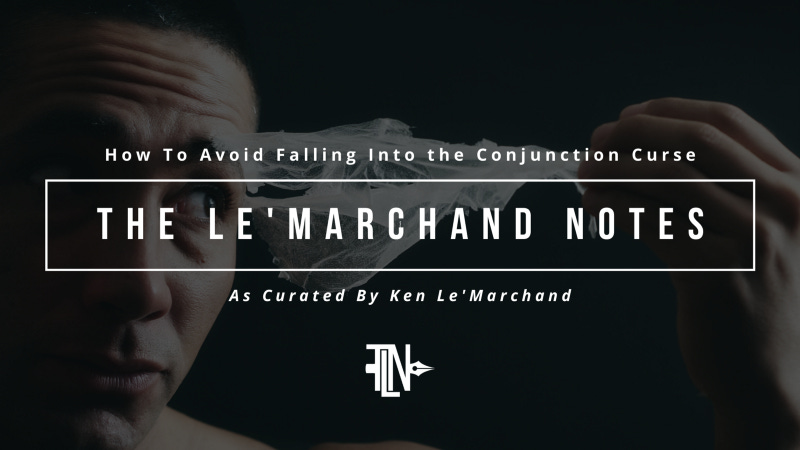How To Avoid Falling Into the Conjunction Curse
Why I avoid using conjunctions at the end or beginning of a line in poetry.
Why I avoid using conjunctions at the end or beginning of a line in poetry.
Should I stay or should I go?
That is the question every writer of poetry should ask themselves when they consider using conjunctions in their lines. Most notably, when using enjambment and line breaks.
Hannah Huff states in her blog article, Dear Bad Writers, Read This Poetic Line Breaks Guide, that it is best practice to never end a poetic line on an article, conjunction or a pronoun.
I must say, I quite agree with Huff’s guideline. In most cases, when I write a poem I often check the diction for consistency and conciseness. In layman terms, I will go through a poem and cross out any words or phrases I deem unnecessary.
How do you know what weeds to remove?
Simply put, I remove the conjunction and read the line again. If the line sounds fine without it, then there is no need to have the word there in the first place.
Besides, there are much better ways to end & begin a line. For example, try using anaphora — the repetition of a word, phrase, or clause in succession to create an effect, or to place emphasis. Read the example below, then decide which version reads best.
What deep skies seem distant, but
burning fire in the eyes, and
what wings dare to aspire, or
whose hand will touch the flame?
OR
In what distant deeps or skies.
Burnt the fire of thine eyes?
On what wings dare he aspire?
What the hand, dare seize the fire?
If you selected the second stanza, then you’ve got a good eye of anaphora.
This example was taken from William Blake’s The Tyger. Blake makes use of repetitive questions by using the word “what,” which is turns make for an effective juxtaposition over stringing the reader with a run on sentence.
Why do I remove conjunctions?
Because they are dull. Conjunctions are a poor way to structure a poem, when a comma can get the job done more efficiently. See what I mean? Conjunctions aren’t the only way to separate differing thoughts.
I could play around
with the structure, eat
grapes from the vine
at the same time, I write
Making good use of the white space between lines — and done appropriately — can create an entirely different connotation than if I were to string the phrase together as one cohesive sentence.
Not to mention using conjunctions unnecessarily can give the impression that I’m breaking up a single sentence, which is equally boring. However, wordplay, as in the example above, creates intrigue.
That is to say, if I took a complete sentence and broke it up into pieces, would it really be any different? Does it give any more value to the poem as a whole?
I’ll leave you, my fellow reader, with another example below, using the passage above as a reference.
That is to say, I took
complete sentences.
Broke it up — pieces.
Would it? Would it really
Be any different?
Does it give any? More?
Value the poem.


